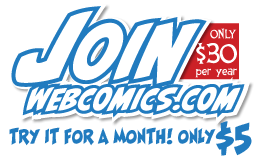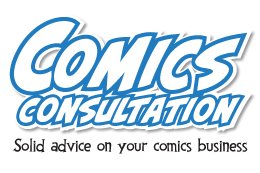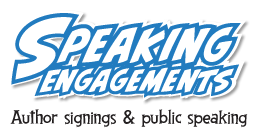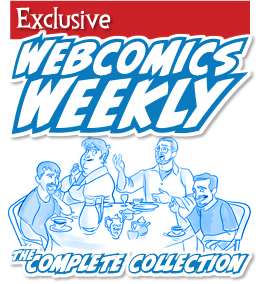Getting started with the right attitude

Many people who are thinking about starting a webcomic for the first time have a lot of questions. Where should they publish? What social-media networks work best? How long before they’re able to launch a Patreon? But there’s a very important issue that’s just as important as these — if not moreso. And it’s a question almost none of them ask:
What are my expectations?
Starting with the right attitude
Let’s start here: You’re probably not very good — especially if this is your first time out.ven if you’re a decent artist and a better-than-average writer, you’ve got a lot to learn about your comic. And it’s going to be a learning process that’s completely unique. No one else will be able to tell you “just do this” and guarantee the same outcome they had.
So, perhaps it’s not fair to say you’re not good. It might be more accurate to say: You’re not as good as you’re going to be after you’ve been diligently doing this for quite a while.
I would estimate that 75% of new webcomics miss their full potential because the creator is a better artist than they are a writer. (If they’re doing humor, that number rises to 90%.) The fact of the matter is, you’re going to need time to find your voice as a cartoonist. And that’s OK. We all started out as people who needed to get better — even those folks who seem to be “overnight successes.”
However, if you don’t allow yourself that learning curve, you’ll fall into an easily recognizable pattern:
- Your comic isn’t becoming as popular as you’d envisioned
- You look for reasons — social media tricks, SEO strategies, gimmicks, schemes, etc.
- When you apply any one of these, you get inconsistent results because it’s not about the gimmick, it’s about the comic
- You reassess and realize you’re still not as popular as you’d envisioned
Worse yet, you see other people who have made it, and you have no idea why that isn’t you. You might even feel as if your work is better than theirs. But they found a way to connect with their audience, and that’s all that matters.
Unfortunately, the longer you look outwardly for the answers — searching for magic hashtags and secret formulas — the longer you’re ignoring the real reason you’re falling short.
You’re not good… yet.
It’s nearly impossible to hide a good comic on the Internet. If your comic was done at a high enough quality, you’d be generating the readership you’re after. And until you turn a critical eye to your own work (and stop looking for that one, weird trick to SEO master), you’re never going to find it.
It’s painful to watch, but there are folks who have been doing comics for ten years or more, and they still haven’t realized this. You’ll see them on social media, listing all their excuses — all the reasons they haven’t “made it” yet. They’ll tell you they just didn’t launch during the right year, or that the Internet has a predisposition against the kind of comics they do.
Yet, when you go to their sites to see their work, it’s alway the same: Decent art / poor writing.
It’s frustrating because they’ve had the time to get better. They could have achieved their goals by now. They could have it. They’re still not good yet because they haven’t been working on getting good. They’ve been looking for gimmicks.
They’ve wasted years — many, many years – looking in the wrong direction.
I remember sitting down with Robert Khoo, who was the business manager of Penny Arcade at the time. I was disappointed. My webcomic, Greystone Inn, wasn’t as popular as I thought it should be. One of the best brains in webcomics was sitting in front of me, and by golly, I wasn’t going to waste my chance.
“I feel like my comic could really take off if I could get more people to just… try it. How can I do that?”
His answer was characteristically direct, honest… and accurate: “You have exactly the readership you’ve earned.”
He went on to say that, in his opinion, that was the case for nearly every comic. It was generating readers at a direct proportion to its quality. As the comic got better, the readership grew. All of that other stuff — social media, SEO, crowdfunding — could help maximize a comic’s reach. But until the comic itself improved, those things wouldn’t make a very big impact.
I took those words to heart, and I started really examining my own work — where it was strong, and where I could do better. And reassessing those points on a regular basis. I started putting less emphasis on outward things, and I started focusing more on the comic itself.
I’m still trying to get better at my comic. But I’m confident I’m on a better path than the one I had been traveling.




Recent comments